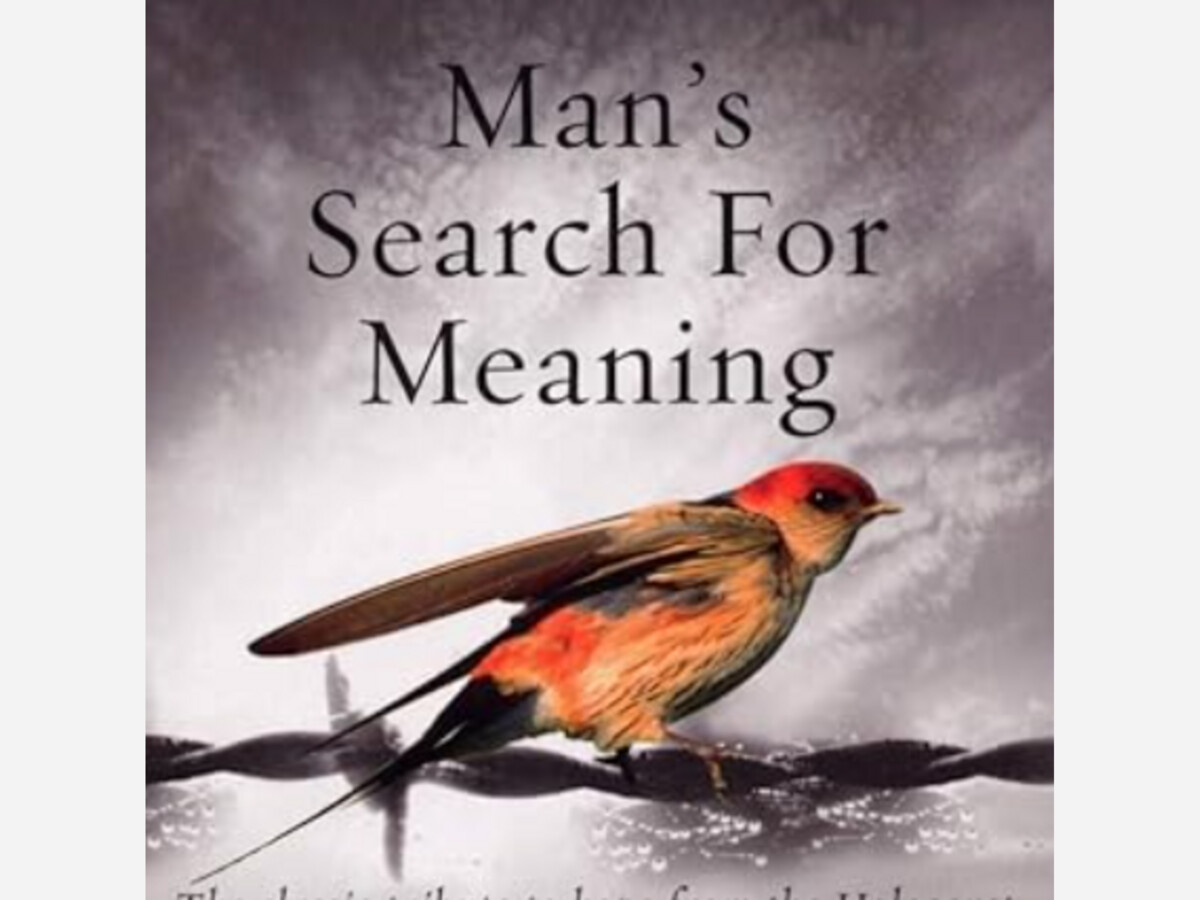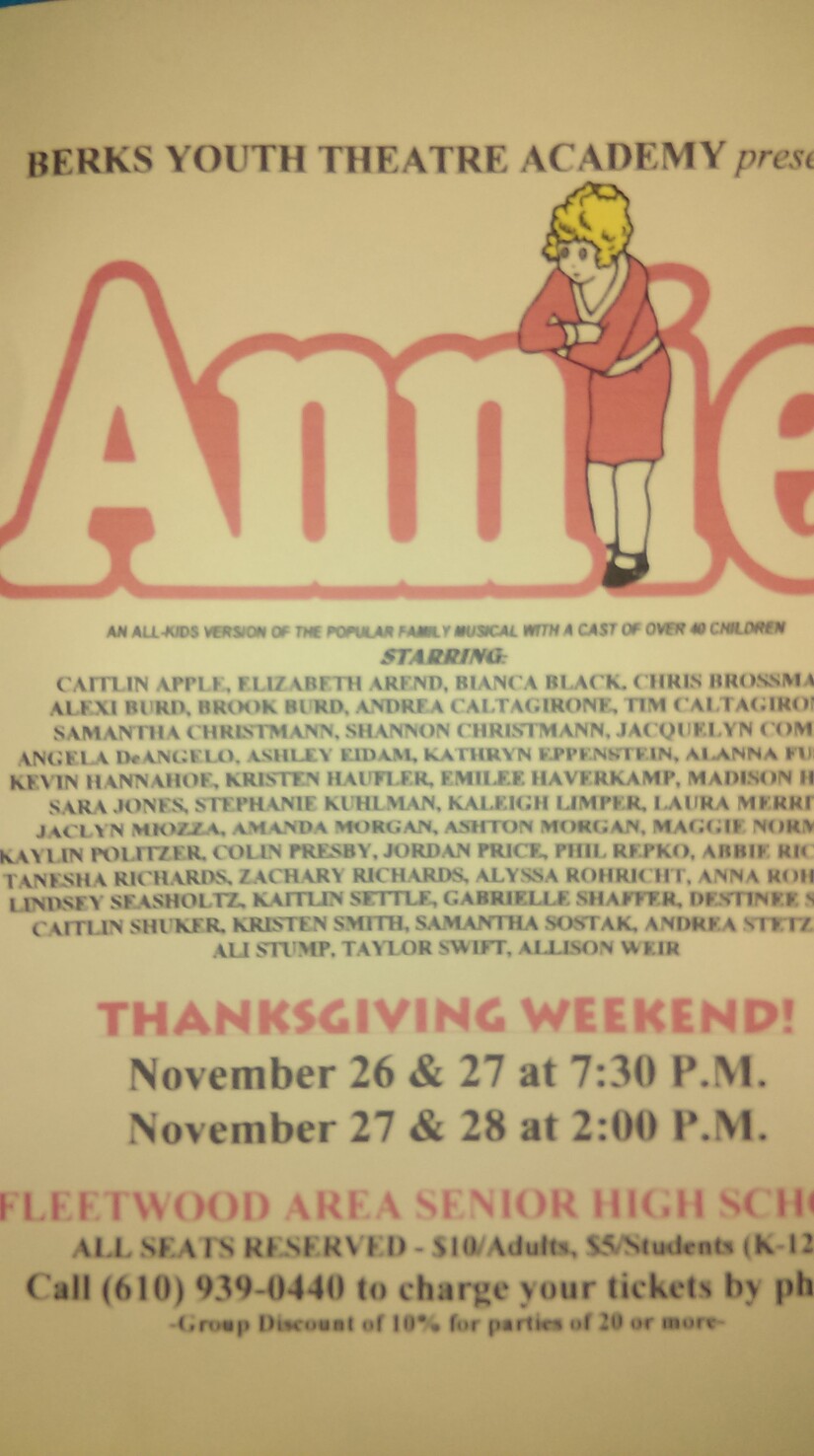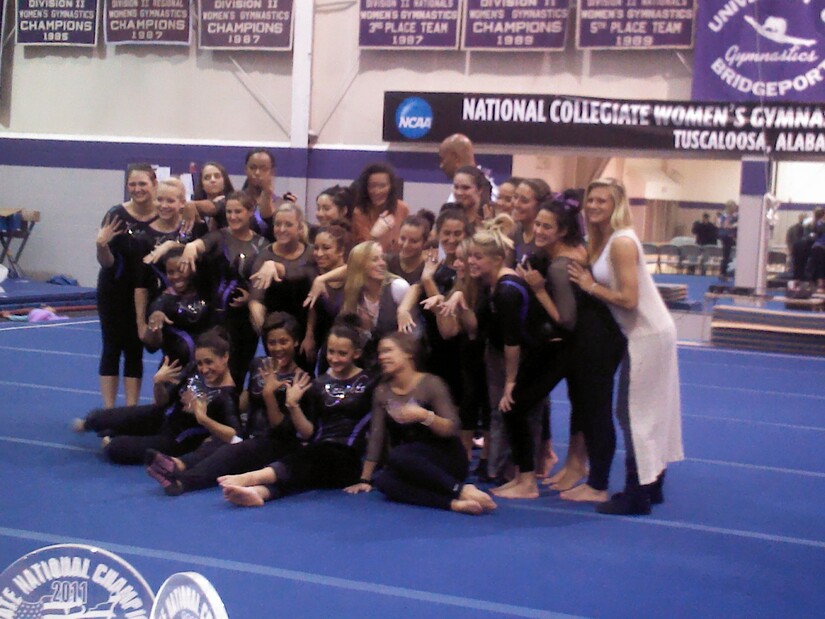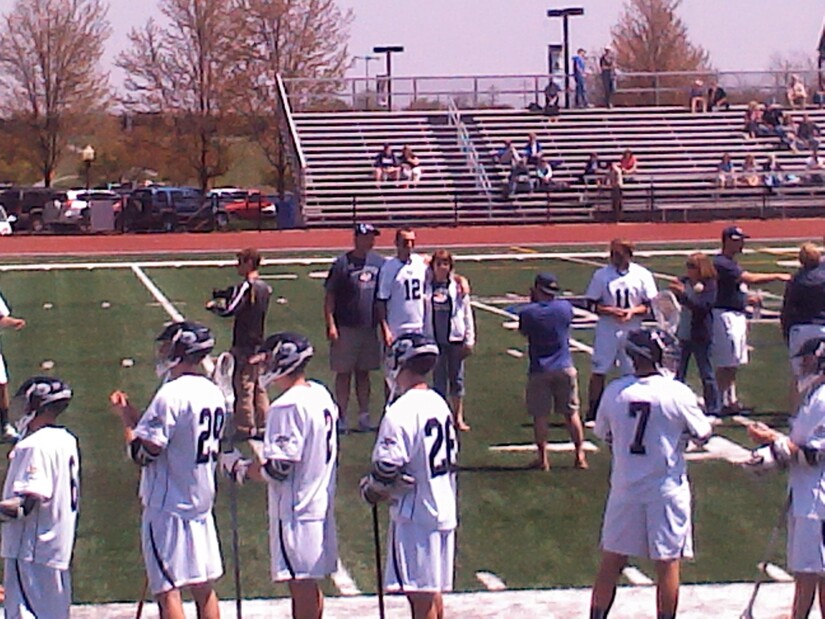Image

by Phil Repko*
About a dozen years ago, back when Facebook allowed a user to publish Notes, or personal essays, I lamented the end of my parental sports career. That is, my kids ended their collegiate athletics careers, and my wife and I were forced to find new outlets for our time and entertainment.
However, the larger point of emphasis was to quietly wish our children to find a way to take their achievements and thrive because of them. We had watched them sweat, sacrifice, dedicate, commit, and suffer in multiple ways – all for the fleeting accomplishments of a game or a sport. We hoped they had learned the bigger lessons; that those same forces that propelled them through athletics were going to be the difference makers in the rest of their lives.
Which brings me to the most recent moment of taking stock. In the course of crawling out of the psychological hole the world fell into post 2020, I have stumbled into conversations that again, still, and even more so congeal around the theme of making a contribution. I confess I think some part of the meaning of life is connected to this goal: those who find a way to meaningfully contribute to their community, world, and culture – not necessarily in that order, will have fulfilled a human’s prime directive.
Sports and similar activities – like bands, choirs, theater, scouting, explorers, science and math clubs, even chess and game organizations – all have direct and indirect focus on being a contributor in one way or another. Therefore, in our relative adulthood, we should not lose heart or conviction about the things that really matter. I believe, in the end, the measure of a man or woman is intricately tied to how, when, where, why, and how much – (yes, all the adverbial queries) we manage to make a contribution to our families, communities, or the world at large.

[Note that author Phil Repko’s son and super singer star Taylor Swift were cast mates in this production]
When I was coaching, I tried to remember always that failures and losses were always the coach’s (my) fault. The coach bears the burden of setback and adversity to alleviate the pressure from the performers. He or she does this precisely because s/he knows that the top competitors always perseverate on the losses and feel the pain of setbacks. Ask former players about the specifics of their victories, and they will usually spout platitudes. However, engage those same players in conversation about the toughest defeats, and they will have stories and thoughts of great significance. It is, ironically, the losses that linger and last.
The paragraph above can also be applied to the other activities that were mentioned. Yes, athletic contests more effectively crystallize the factors because the games and seasons are precisely designed to name winners and losers - to identify successes and failures. With all due respect, the musical performance is rarely evaluated in terms of winning or losing. Rather, the metric is more about the quality of the presentation, or the nearness to which the performers met their mythical pinnacle of perfection.

So, consider: The 9th player on a basketball team, or the second goalie on the soccer team each contributes to the health and well-being of the team or organization. Likewise, the third chair, or the chorus member who never earns the solo plays a part in how the show is perceived. The crowd, the judges, the referees, or the support personnel rarely think in any other terms than successful completion of the task. The point, I think, is to know one’s role in the collective endeavor. On every team and in every group and club, there are participants and members who will not see or feel the spotlight. They know it, even if they silently hope to somehow, someday, defy the odds.

Nevertheless, what brings them to the field or stage, despite the longest odds of recognition, is a compelling human desire to belong and to contribute. After formal education has been determined to have ended, at a commencement service of one kind or another, and after the conventional teams and bands and clubs have been outgrown, then commences a lifelong search for meaning that seems recognizable to the young adult. The lens s/he uses during the search is, unfortunately, a backward-looking one. The challenge at this point is to identify an outlet that replicates the micro-society that we find in school systems, community organizations and the like.
So, have you joined the Elks? The Lions Club? The DAR? If you have children, have you embarked on a search for vicarious meaning as a coach, team mother, team administrator, official, or league authority. If these aren’t the types of things to float the boat, have you found another social organization, or civic activity, that might provide you with access to meaningfulness?
I know of a couple of people who are too shy to suffer the spotlight. They were well-known in their circle – and they sought and found their circle – for being the ones who always signed up to set up or clean up an activity. I asked one of them a year or so ago about the noted choice. Below is a faithful paraphrase of the answer.
“If we volunteer to be there at the beginning, and at the end, we have made our enjoyment last. We help to create something out of nothing. We can step back and watch the fun or the celebration, and know that we helped it to happen. Everyone, everyone, has been given our gift. And we don’t have to suffer through the awkward procession of handshakes and thank yous. The reward is in the doing.”
That answer did not come in exactly the order as presented above. But each sentiment is faithfully presented. We all know the folks whose drive is to be front and center – their joy is in calling the group to supper, or celebration. Society certainly needs the faces of the franchise, and they also need the set-up crew. Introvert or extrovert – all of us need a vehicle to efficacy. We subconsciously know that we can see where and how we matter when we are contributing to a collective or community effort of some kind.
The moral of this story is an invitation. We have all heard that the most valuable thing we can give is our time and attention. Stop thinking about these efforts as merely sacrifices, or burdens for the good of others. These acts of service are affirmation of our humanity. They validate our purpose. In service and contribution is our greatest mechanism for true joy. How do I know? I will try with this image. A father or mother, or sister or brother, or aunt or uncle --- is running beside the youngster when he or she bike rides solo and without training wheels for the first time. Whose joy is greater?
The rider will forget the exhilaration of the first ride. The guiding hand just never will.
* Phil Repko is a career educator in the PA public school system who has been writing for fun and no profit since he was a teenager. Phil lives with his wife Julie in Gilbertsville and is the father of three outstanding children, two of whom are also poets and writers. He vacillates between poetry and prose, as the spirit beckons, and is currently working sporadically on a novella and a memoir.